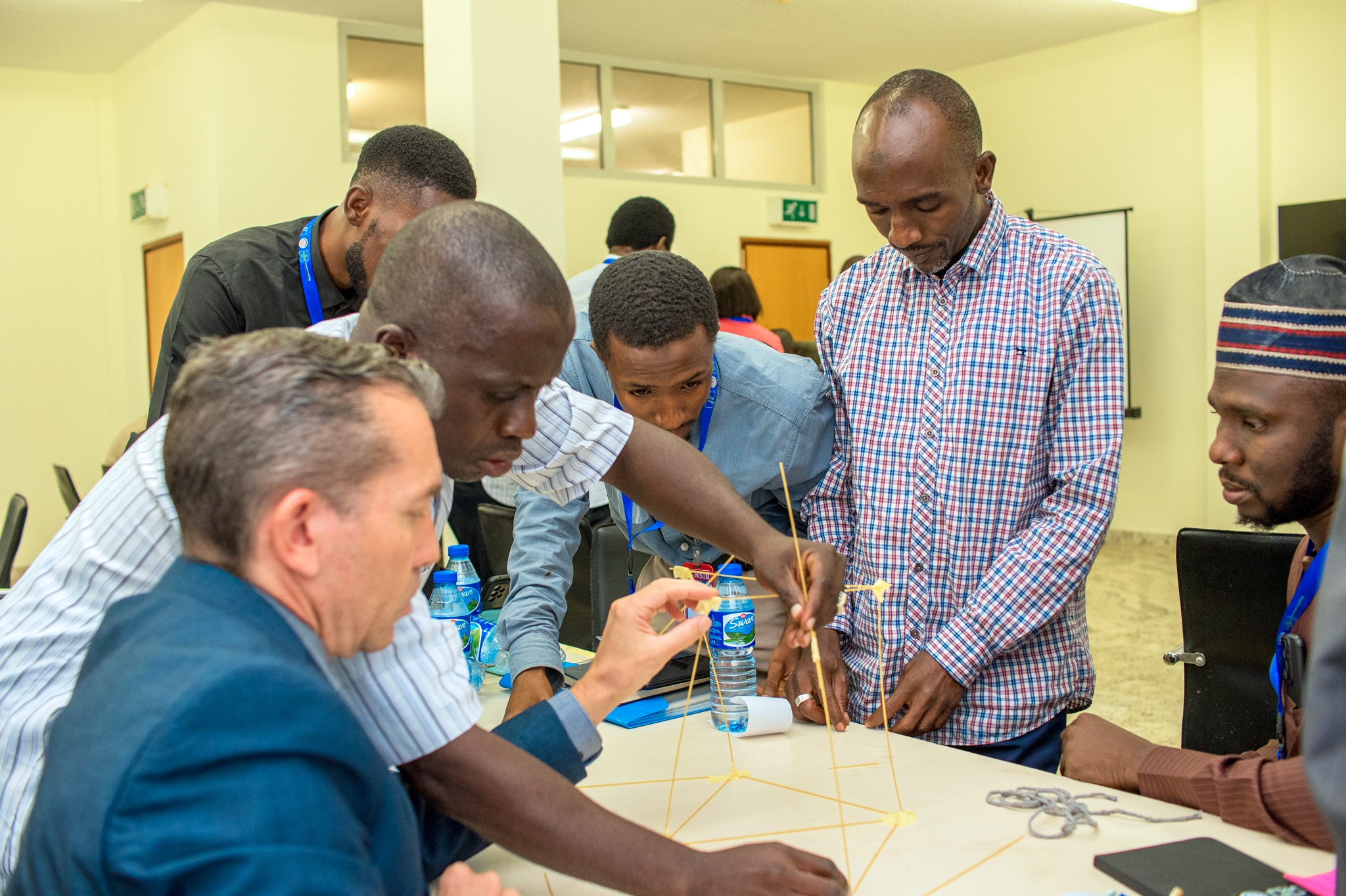NSIB Partners with UK Universities, Trains Military Personnel on Multimodal Transport Accident Investigation

The Nigerian Safety Investigation Bureau (NSIB) has launched a comprehensive training programme on multimodal transport accident investigation, bringing together participants from the Nigerian Army, Navy, and Air Force, alongside NSIB officials.
This marks a significant stride in enhancing the safety of Nigeria’s transportation systems, in line with the Minister of Aviation and Aerospace Development, Mr Festus Keyamo’s broader agenda for improving the aviation and transport sectors.
The training, which is being facilitated by renowned international experts, features faculties from Cranfield University and Buckinghamshire New University in the United Kingdom, as well as specialists from Nigeria’s Institute of Transport Technology (NITT) and other esteemed organisations.
In a statement signed by Mrs Bimbo Olawumi Oladeji, Director, Public Affairs and Family, Assistance, NSIB, the bureau said the programme is specifically designed to equip both its personnel and military investigators with cutting-edge skills and global best practices to strengthen transport investigation capabilities in Nigeria.
This initiative is seen as a major milestone for NSIB, bolstering its mission to conduct world-class transportation investigations and implement preventive safety measures.
The training enhances the Bureau’s capacity to manage complex investigations, improve safety standards, and mitigate future incidents.
The inclusion of military personnel alongside NSIB’s junior and senior investigators promotes a multidisciplinary approach, ensuring comprehensive knowledge transfer and cross-sectoral collaboration essential for transportation safety in Nigeria’s fast-growing economy.
Captain Alex Badeh Jr., Director General of NSIB, emphasised the significance of this initiative: “The goal of this programme is not only to enhance our technical investigation skills but to ensure we have the capacity to address the increasing complexity of Nigeria’s transportation infrastructure.
“By involving military institutions and integrating international expertise, we’re building a safety culture that will benefit all Nigerians.”
The training is in line with NSIB’s strategic objectives of improving investigative efficiency, ensuring transparency in safety reports, and proactively preventing future accidents through effective risk management.
These objectives complement Mr Festus Keyamo’s vision for the aviation sector, which prioritises the elevation of safety standards, capacity building, and modernising safety protocols in tandem with global advancements.
“The Honourable Minister’s vision is clear,” Captain Badeh Jr. stated. “He is committed to creating a safer, more efficient aviation industry. Through programmes like this, we are contributing to that vision by ensuring our investigators have the tools and knowledge to maintain the highest safety standards.”
The outcomes of this training are expected to significantly enhance NSIB’s ability to conduct thorough, unbiased investigations and contribute to accident prevention, ultimately saving lives.
This initiative plays a key role in the Bureau’s long-term vision of becoming a leading authority in transportation safety across Africa, positioning Nigeria as a model for best safety practices in the region.
As Nigeria continues to expand its transport infrastructure, the role of NSIB in safeguarding the safety of these systems becomes ever more critical.
This training represents a substantial investment in human capital, essential to meeting the growing demands for transportation safety in the country.







